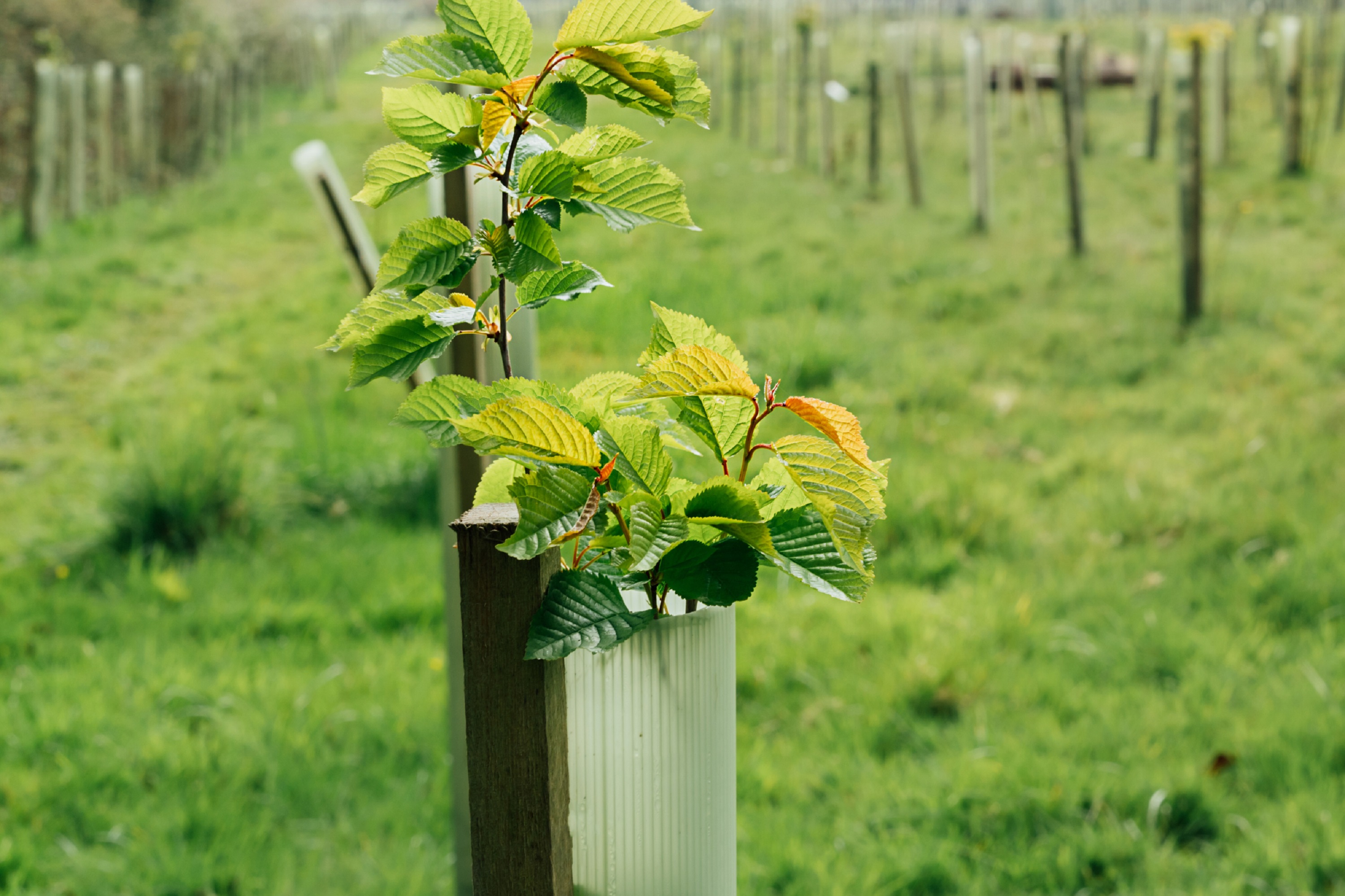
Two new micro woodlands are to be created in Selby and Tadcaster to mark the Coronation of King Charles III.
The scheme overseen by ourselves will see the woodlands located at Wighill Playground in Tadcaster and Leeds Road Recreation Ground in Selby following a successful grant bid of £35,000 through the Government’s Coronation Living Heritage Fund.
We applied for grants to plant two micro woodlands, which are expected to be about the size of a tennis court, using a variety of locally grown native broadleaved trees and shrub species to reflect the local environment they will be found in.
This will create a natural habitat in the urban areas of Tadcaster and Selby and help capture carbon dioxide emissions and contribute to the council’s climate change strategy that was formally adopted in July 2023.
Wighill Playground will be approximately 300 square metres whilst Leeds Road Recreation Ground will be approximately 325 square metres in area.
These sites were selected as they are amongst housing developments and next to local schools, providing local communities with access to nature. Both sites also provide an opportunity for further habitat enhancement of important ecosystem services such as nature corridors.
Micro woodlands require minimal maintenance and have lower vulnerability to vandalism, helping to contribute to a lasting heritage to mark the King’s Coronation in May.
Executive member for waste services, Cllr Greg White, said: "Thanks to the successful grant through the Government’s Coronation Living Heritage Fund, we can create two new micro woodlands for the communities in Selby and Tadcaster to enjoy.
"These woodlands will also create rich habitats for wildlife to flourish, and act as another asset to help contribute to our carbon reduction goals."
Pioneered by Japanese botanist Dr Akira Miyawaki, micro woodlands promote dense and native tree cover to grow in urban areas. Woodlands created in this way grow much faster than conventional woodland planting schemes, absorb more carbon due to the density and support more wildlife due to the native species used in their creation.
Planting will take place in the 2024/25 planting season. The council plans to work with local communities to support the planting and future maintenance of the micro woodlands which can also be used for educational purposes.